Free shipping order over 20,000
Blue Star Finch
₨ 23,000 Original price was: ₨ 23,000.₨ 20,000Current price is: ₨ 20,000.
-
-
-
- Scientific Name: Uraeginthus angolensis
- Size: Approximately 12-13 cm (4.7-5.1 inches) in length.
- Color: The Blue Star Finch is known for its striking blue plumage, especially on the face, throat, and chest. The back and wings are a light brown or beige, while the underparts are pale blue or whitish.
- Beak: Small, conical, and pinkish or reddish in color, adapted for seed eating.
- Eyes: Dark, with a distinct contrast against the vibrant blue feathers on the face.
- Legs and Feet: Pale pink or flesh-colored.
-
-
Share
Share on facebook
Share on email
Important Keys:
Habitat
- Distribution: Native to sub-Saharan Africa, particularly in countries like Angola, Zambia, and Tanzania.
- Environment: Prefers dry, open savannas, grasslands, and bushy areas. They are also found near human settlements, in gardens and agricultural areas, where they can find food and shelter.
Diet
- Primary Food: Seeds, especially from grasses, are the mainstay of their diet.
- Supplementary Food: Small insects and other invertebrates, particularly during the breeding season when they require extra protein.
- Feeding Behavior: They forage on the ground or in low vegetation, searching for seeds and small insects.
Breeding
- Breeding Season: Typically linked to the rainy season when food is more abundant.
- Nest Location: Nests are built in shrubs, low trees, or tall grasses. They construct their nests using fine grasses and other plant materials, forming a small, cup-like structure.
- Egg Quantity: Clutches usually consist of 3-5 eggs.
- Incubation Period: About 11-13 days.
- Fledging: Chicks fledge approximately 17-21 days after hatching.
Lifespan
- In the Wild: Typically around 3-5 years.
- In Captivity: Can live up to 8-10 years or more with proper care.
Behavior
- Social Structure: Blue Star Finches are social birds, often seen in pairs or small flocks. They are known for their peaceful nature and can often be found in mixed-species flocks.
- Vocalization: Their song is a series of soft, melodious chirps and trills, often used in communication and during courtship displays.
![]()
Be the first to review “Blue Star Finch” Cancel reply
Related Products
-
-11%
Albino Shaft Tail
₨ 22,500Original price was: ₨ 22,500.₨ 20,000Current price is: ₨ 20,000. -
-25%
Silver Gouldian Finch
₨ 24,000Original price was: ₨ 24,000.₨ 18,000Current price is: ₨ 18,000. -
-20%
Common Gouldian Finch
₨ 12,500Original price was: ₨ 12,500.₨ 10,000Current price is: ₨ 10,000. -
-20%
Red Eyes Bengalese
₨ 3,750Original price was: ₨ 3,750.₨ 3,000Current price is: ₨ 3,000. -
-20%
White Zebra Dove
₨ 43,750Original price was: ₨ 43,750.₨ 35,000Current price is: ₨ 35,000. -
-20%
White-tailed Dove
₨ 1,250Original price was: ₨ 1,250.₨ 1,000Current price is: ₨ 1,000. -
-20%
Diamond Pied Dove
₨ 6,250Original price was: ₨ 6,250.₨ 5,000Current price is: ₨ 5,000. -
-26%
Diamond Dove
₨ 2,000Original price was: ₨ 2,000.₨ 1,480Current price is: ₨ 1,480.
Sign Up for Exclusive Birds Care Tips and Offers from Phool Panchi
Company links
Category
Contact
© 2024 Phool Panchi | Developed By v3Studio

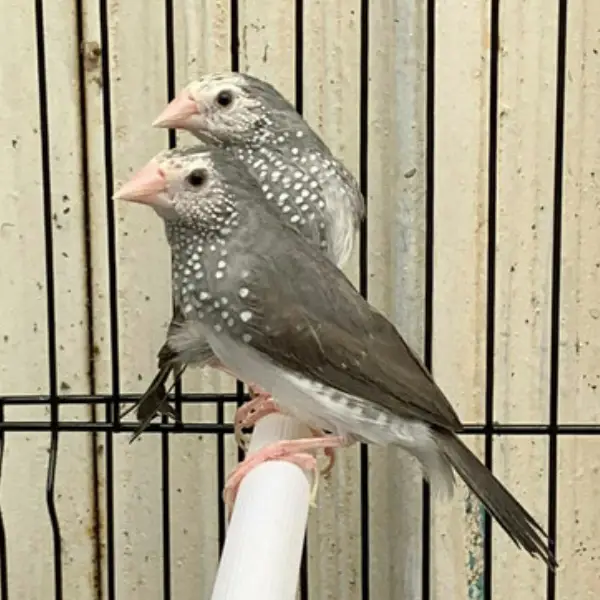

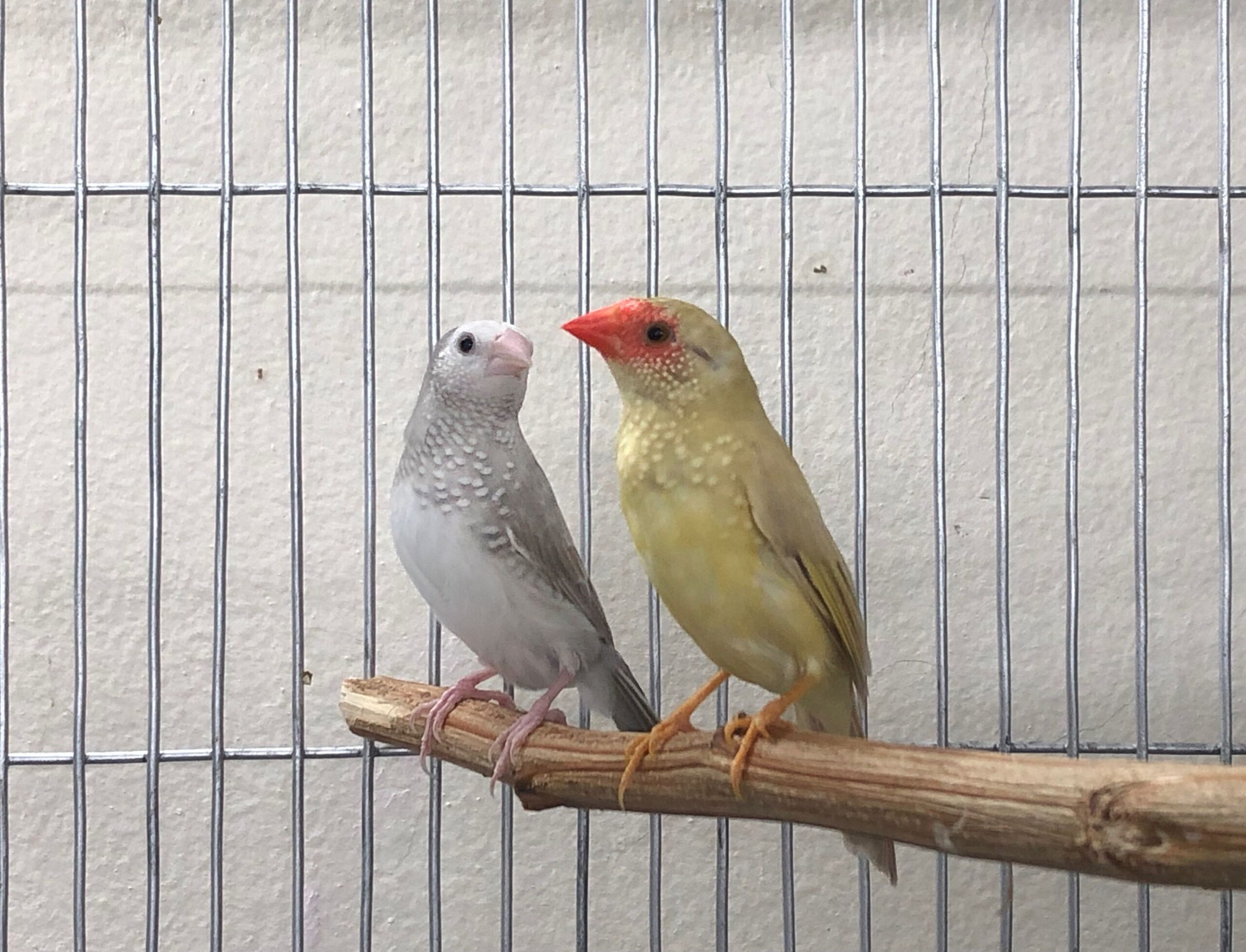

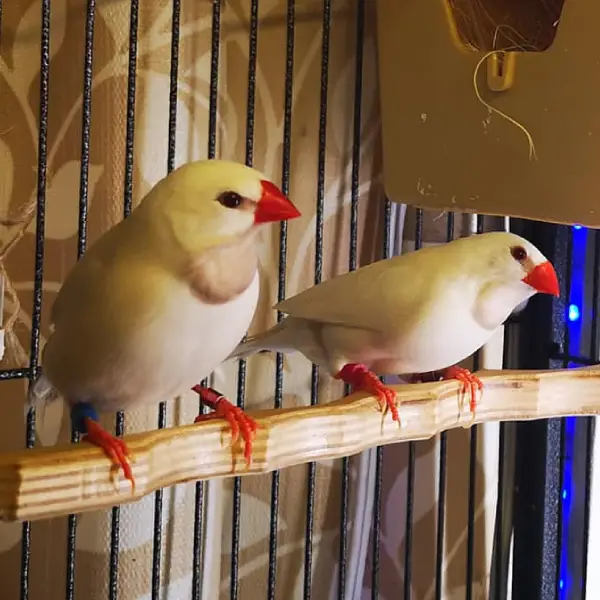
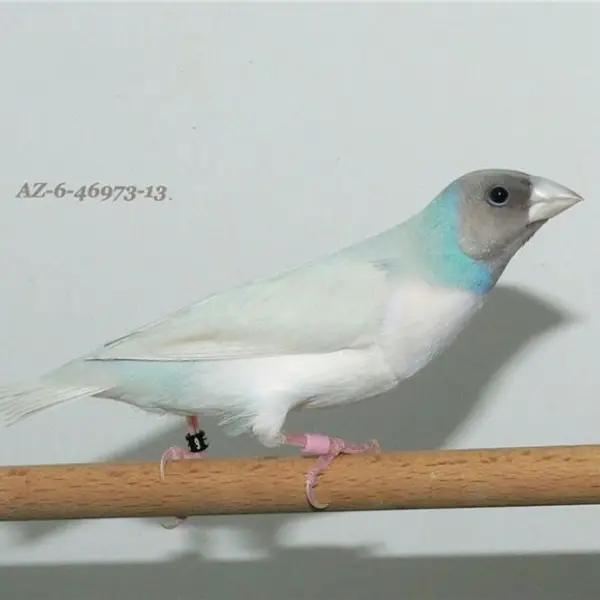
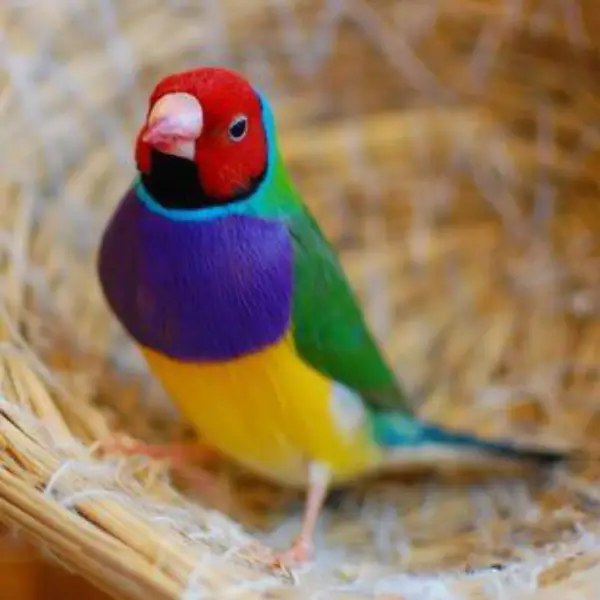
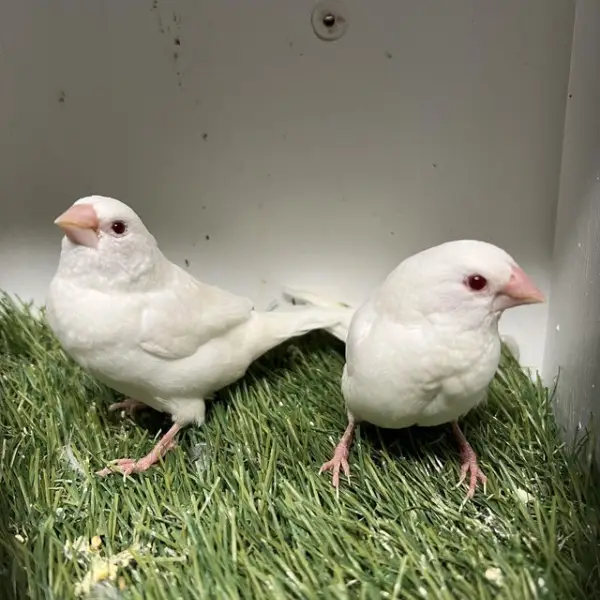
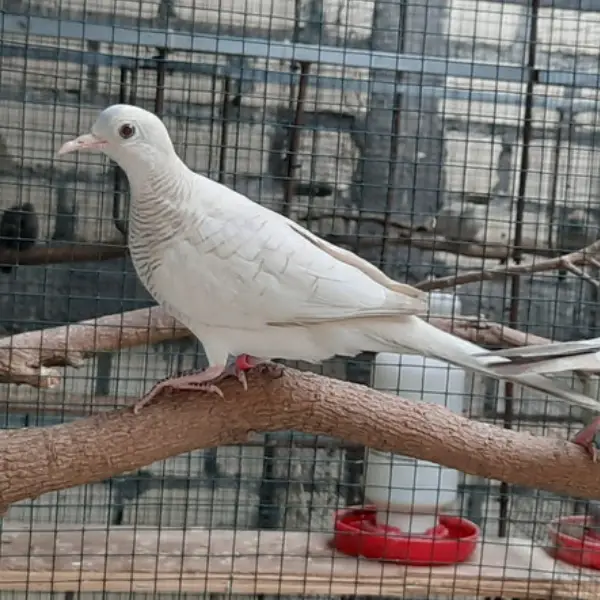
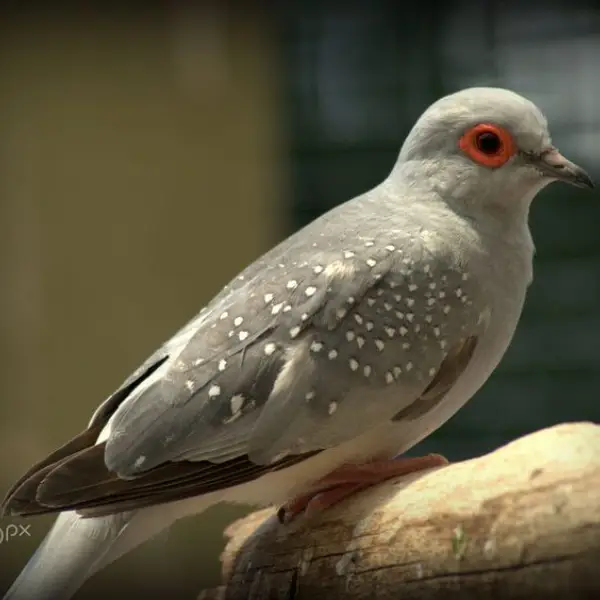
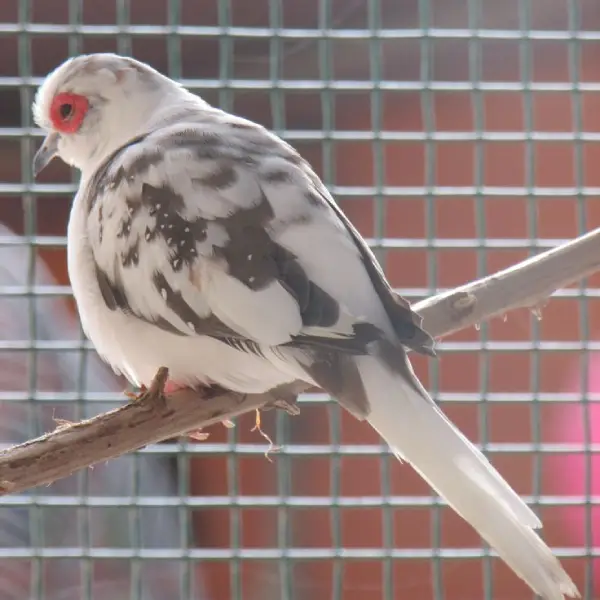
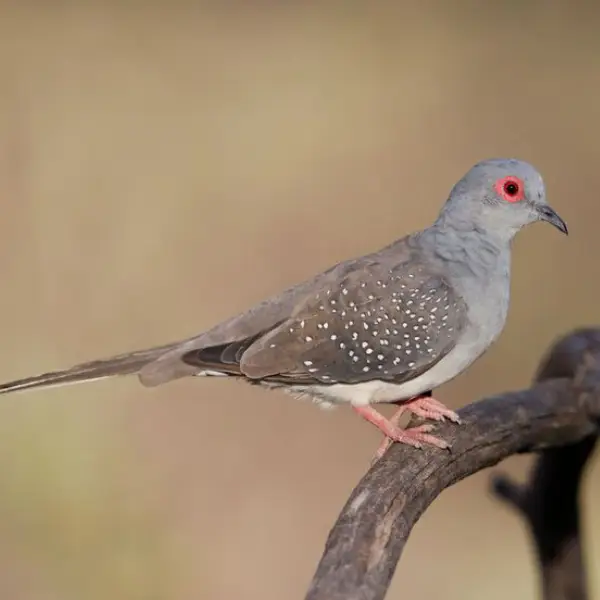
Reviews
There are no reviews yet.